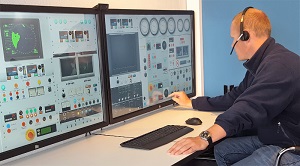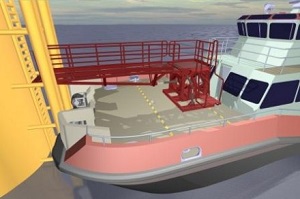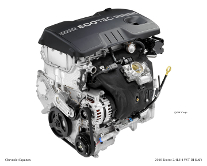WHAT WE DO
We provide control engineering consultancy and fundamental and advanced control engineering courses.
Control Engineering Consultancy
We help you develop effective feedback control strategies and assess the whole process including effects on neighbouring/coupled systems and processes. Control objectives, disturbances, nonlinearities, uncertainties, robustness and noise immunity are all considered when a control strategy is developed.
Simplicity is a key objective in our solutions, providing performance criteria can be met. However, our solutions can range from simple classical feedback or feedforward, more advanced model-based methods like MPC, to incorporating into the control strategy the latest methods from the field of Artificial Intelligence (AI) and Machine Learning (ML).
AI can be used in control applications to enable analysis of big data for better informed management actions or initiatives. It can also be used to enhance control or signal processing systems at the machine or plant level. It offers opportunities to develop new adaptive controllers, filters, and condition monitoring tools that compensate for uncertainties in system or signal characteristics.
Our deep understanding of control technologies and diverse industrial experience uniquely positions us to deliver exceptional value to our clients.
Simulation Development
We develop high-fidelity models or digital twins from first principles or plant data. This allows us to explore "what-if" scenarios and compare new control solutions against existing ones, ensuring deployment with confidence. High-fidelity models are valuable for improved control, prediction, and condition monitoring.
Our engineers use various modelling packages including MATLAB/Simulink, LabVIEW and CD&SIM Toolkit, and Hysys. We can also convert legacy models to new packages.
Software Engineering
We excel in turning embedded control, signal processing, or data acquisition application into reality.
We can implement designs as real time applications using LabVIEW and CompactRIO, following proven software design steps of specification, design, implementation, test and deployment and include quality plans and extensive documentation.
We can develop bespoke algorithms and tools for control or data processing in languages including MATLAB, LabVIEW, Python, and C/C++. As an NI Alliance Partner, ISC has staff certified in using LabVIEW.
Training
We provide onsite, industry specific, and bespoke courses on a range of fundamental and advanced control engineering topics.
Latest Posts on LinkedIn
Control Question?
Ask here and see if we can help.
* By submitting you are giving ISC consent to contact you. See our privacy policy for how we use and protect this data.



